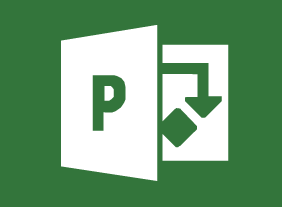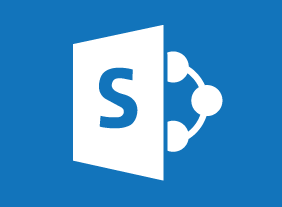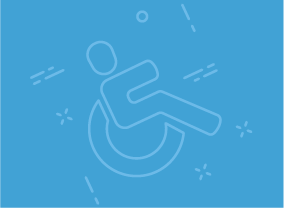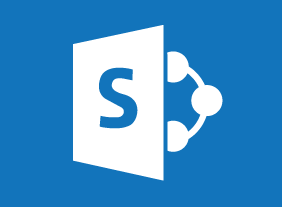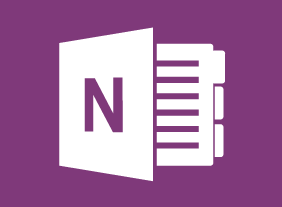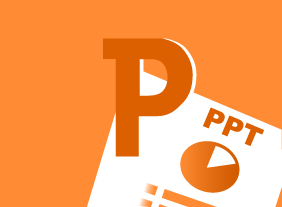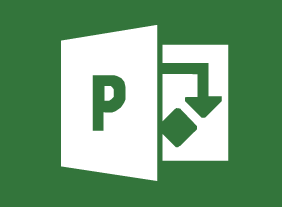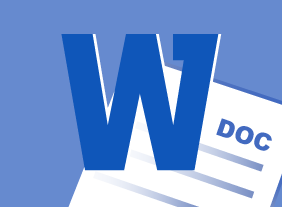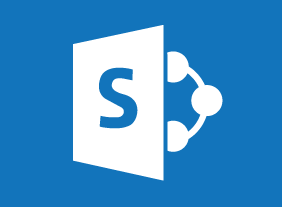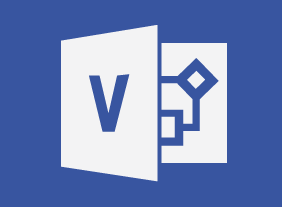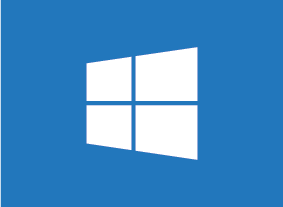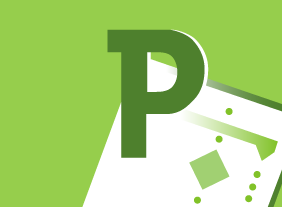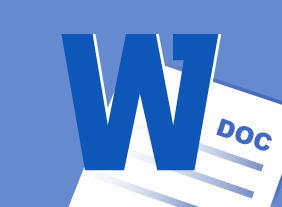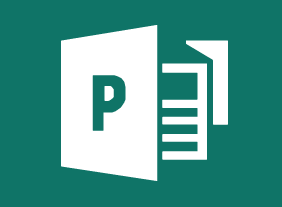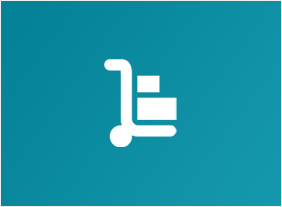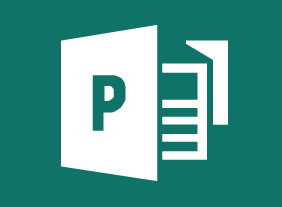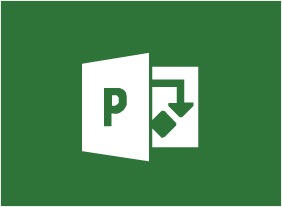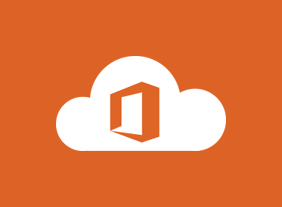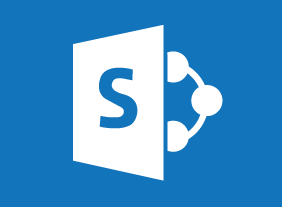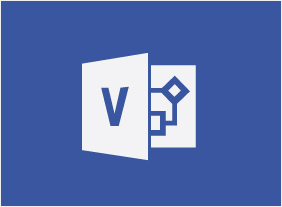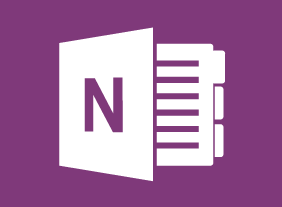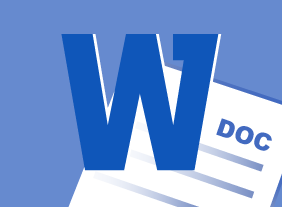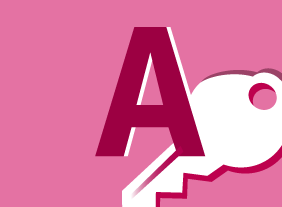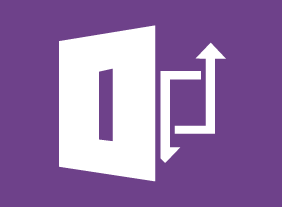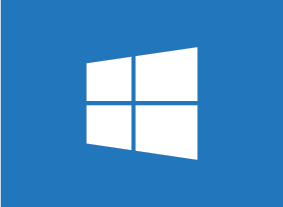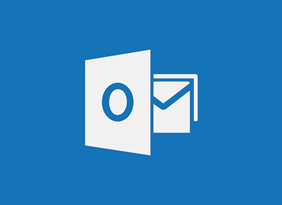-
Disability Awareness: Working with People with Disabilities
$99.00This course will assist with welcoming people with disabilities into workplaces, learning how to Interact with people with disabilities, identify and overcome barriers in the workplace, use respectful, appropriate, acceptable language in any circumstance, understand appropriate interaction during the hiring and interviewing process, and understand what job accommodation is and how it applies in a workplace. -
Cannabis and the Workplace
$99.00In this course, you are going to learn about cannabis, its effects on the individual, and the potential impact in the workplace. You will consider medical cannabis, the rights and obligations of employees and employers, and the intervention process as you deal proactively by having a comprehensive drug and alcohol policy. -
Inventory Management: The Nuts and Bolts
$99.00In this course, you will learn about all aspects of inventory management, including common terms, the inventory cycle, how to maintain inventory accuracy, and what some of the latest trends are. -
Communication Strategies
$99.00This course will teach you all about the various aspects of communication. You will learn about asking questions, probing for information, active listening, and body language. Supporting skills are also covered, such as self-esteem, building relationships with others, and assertiveness.

